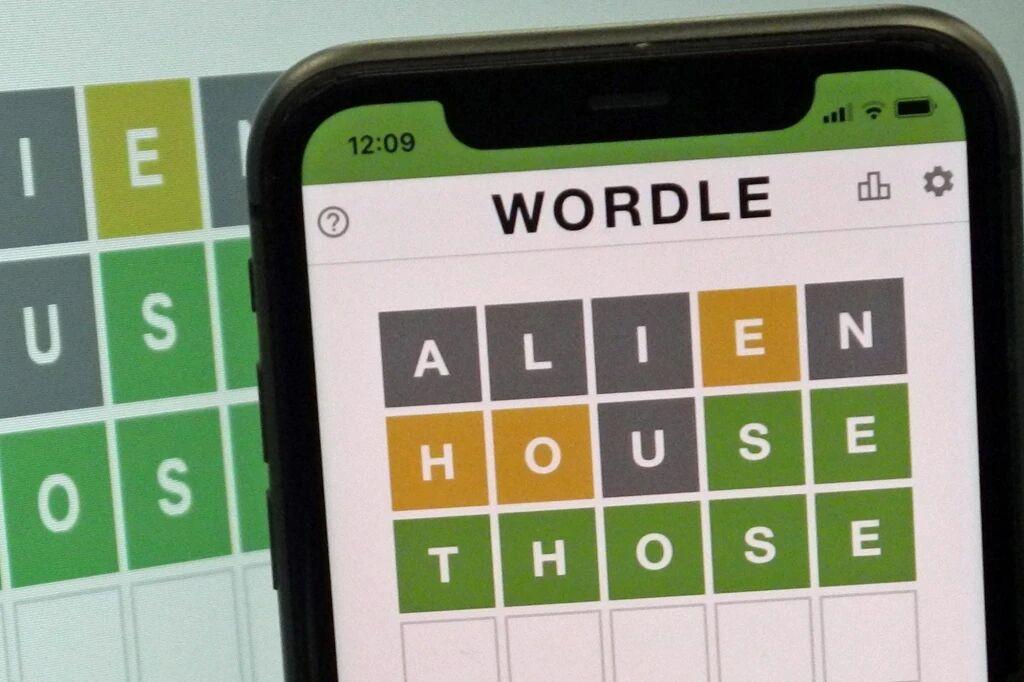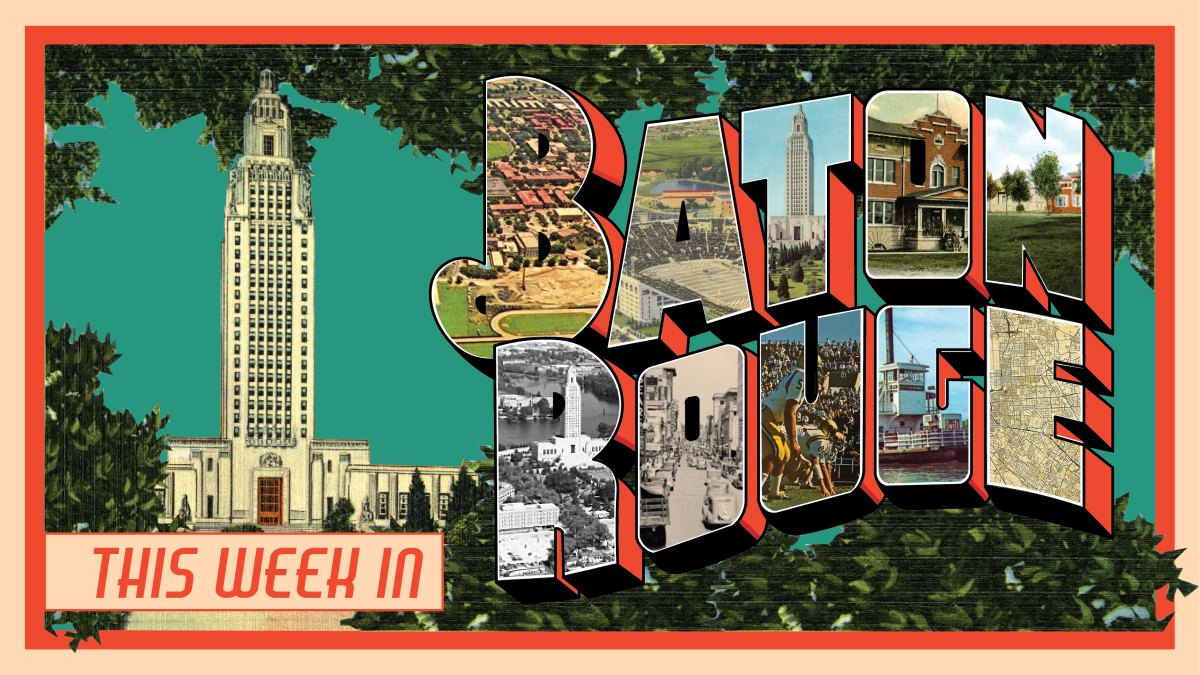After seeing the “cryptic green emojis” that represent people’s scores frequently posted to Twitter, chemical engineering freshman Hamood Qureshi decided to try his hand at Wordle.
Wordle is an online brain-teaser game where players have six attempts to guess a randomized five-letter word of the day. Players receive feedback after every guess based on which letters were correct and if they were in the right place. There is only one answer each day, and the game resets at midnight.
Qureshi is currently on a 35-day win streak and doesn’t plan on stopping.
“I’m a sucker for word games and daily challenges,” Qureshi said. “Whether it’s at midnight or when I wake up in the morning, I always play the Wordle.”
Wordle’s popularity has led to the creation of similar versions of the game. Along with Wordle, Qureshi also plays Letterle, where you guess the letter of the day; Nerdle, a Wordle-format math equation; Dordle, two Wordles at once; and Quordle, four Wordles at once.
Environmental engineering freshman Adaire Oliver heard of the game on TikTok.
“At first I was opposed to playing, but eventually I was hooked,” Oliver said.
Oliver likes the idea of only getting one turn a day, as opposed to unlimited games with tries.
“It’s a fun way to exercise your brain and since everyone gets the same word once a day, it’s an easy way to start a conversation,” Oliver said. “The fact that it’s a simple once-a-day game keeps people wanting more.”
Anthropology sophomore Gracie Bass started playing Wordle in January after being introduced to the game by a friend and now regularly plays the game in between classes.
Like Qureshi, Bass also plays niche variations of Wordle. Occasionally, she’ll play Lewdle (Wordle with crude words) and Taylordle (Taylor Swift Wordle).
“I think [niche Wordle games] are a funny spin on the original game and can be a bit more entertaining,” Bass said.
Bass finds that Wordle has helped her bond with friends, as they all share results with each other. She believes the game’s prominence is due to its simplicity and challenge.
“If you struggle with a hard word, you’re probably going to talk about it with another player,” Bass said.
However, Qureshi attributes the game’s popularity to its accessibility. “There’s not a high barrier of entry to get in — it’s a quick Google search away. Everyone knows five-letter words,” Qureshi said.
Wordle went public in October 2021 after programmer Josh Wardle made the game for his partner. Since then, it has become popular worldwide, with millions of daily players and even translations into different languages.
There has been some backlash regarding the spelling of some of the daily answers, which uses U.S. English. U.K. users went to social media to express their anger at “FAVOR,” one of the previous Wordle answers that uses U.S. English spelling.
In January, the New York Times purchased Wordle for an undisclosed seven-figure amount. The acquisition led to mixed emotions between players.
“I liked the idea of it being its own creation,” Bass said. “I just hope the New York Times doesn’t start to charge for gameplay to make a profit.”
Oliver was originally indifferent about the New York Times purchasing Wordle but has noticed that the words have become increasingly more difficult. Despite this, she still continues to play Wordle every day.
While Qureshi believes the New York Times’ acquisition of the game made sense, he expressed concerns over the game remaining free to play.
“The New York Times was able to get a refreshing take on [Wordle] that really only works online,” Qureshi said. “I’m a little worried that [the game] will go behind a paywall, but I’m sure that the Internet will band together to find a way to make it free again.”









